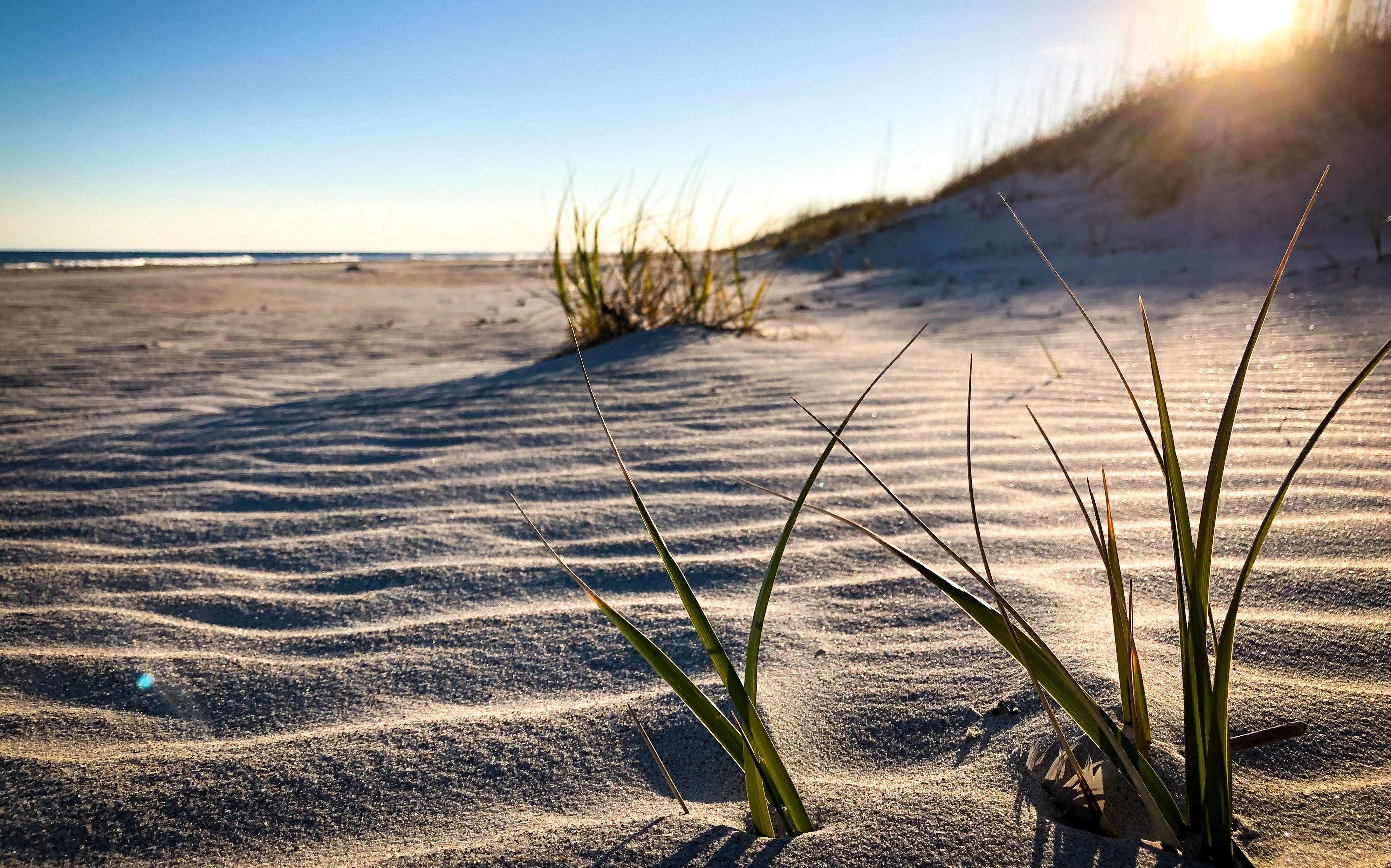
About the COAST Lab
The Coastal Ocean Applied Science & Technology Lab seeks to find answers to and develop and communicate solutions for our most pressing environmental questions and problems. PI Phil Bresnahan and the COAST Lab are situated at the University of North Carolina Wilmington and affiliated with the Department of Earth and Ocean Sciences and Center for Marine Science. We focus on coastal water resources and resilience, and we employ a combination of ocean and environmental engineering and applied science approaches.
In short, we seek to contribute to Smart Coasts by:
- inventing and deploying cutting-edge connected sensors and platforms,
- engaging with coastal communities in the study and real-time dissemination of critical information, and
- working toward improved ocean, climate, and coastal literacy for students of all ages.
Our tools include (1) existing sensors and our own inventions paired with buoys, profilers, ships, and autonomous systems for in-situ monitoring, (2) satellites and UxS (Uncrewed aerial, surface, and submersible) Systems for remote sensing, and (3) techniques including time-series analysis and machine learning approaches to better understand the changing planet. We enjoy working in the interrelated fields of STEM education, outreach, and participatory science1 as we firmly believe that our urgent environmental problems demand much more than academic research. We frequently post open code and other design files to GitHub (see links attached to individual projects on this website) and we rely heavily on others’ contributions to the free and open source ecosystem as well.
Environmental topics of interest include (but aren’t limited to!):
- coastal water quality, acidification, deoxygenation, and eutrophication,
- coastal resilience, water level, waves, and nearshore temperature variability,
- carbon dioxide removal, blue carbon, and carbon cycling,
- low-cost/open-source sensor development to facilitate public participation in scientific research and expanded monitoring networks, and
- platform development and sensor integration for novel sensing approaches.
We are actively seeking new undergraduate and graduate students. Potential undergraduate student researchers: please reach out to me at bresnahanp@uncw.edu to explore opportunities for a Directed Independent Study (DIS), Honors Thesis, or other ways of getting involved in COAST Lab research. Potential graduate student researchers: please take a look at the Ph.D. in Applied Coastal and Ocean Sciences, the M.S. in Marine Science, and the M.S. in Geoscience options and reach out if one of those and COAST Lab research are of interest.
The source code for this website is available at https://github.com/COAST-Lab/COAST-Lab.github.io. Check out some of our ongoing and recent research projects via the research tab on this page, and find many of our open-source design files here: https://github.com/COAST-Lab.
Huge thanks to Luke Edwards for our awesome lab logo!
1Citizen science is sometimes also referred to as public participation in scientific research (participatory science) or community science; please see this thread for an explanation of our choice to use the fraught term of citizen science. Update: following the formerly named Citizen Science Association’s rebranding to the Association for the Advancement of Participatory Sciences, we are beginning to adopt “participatory science” as our primary descriptor.